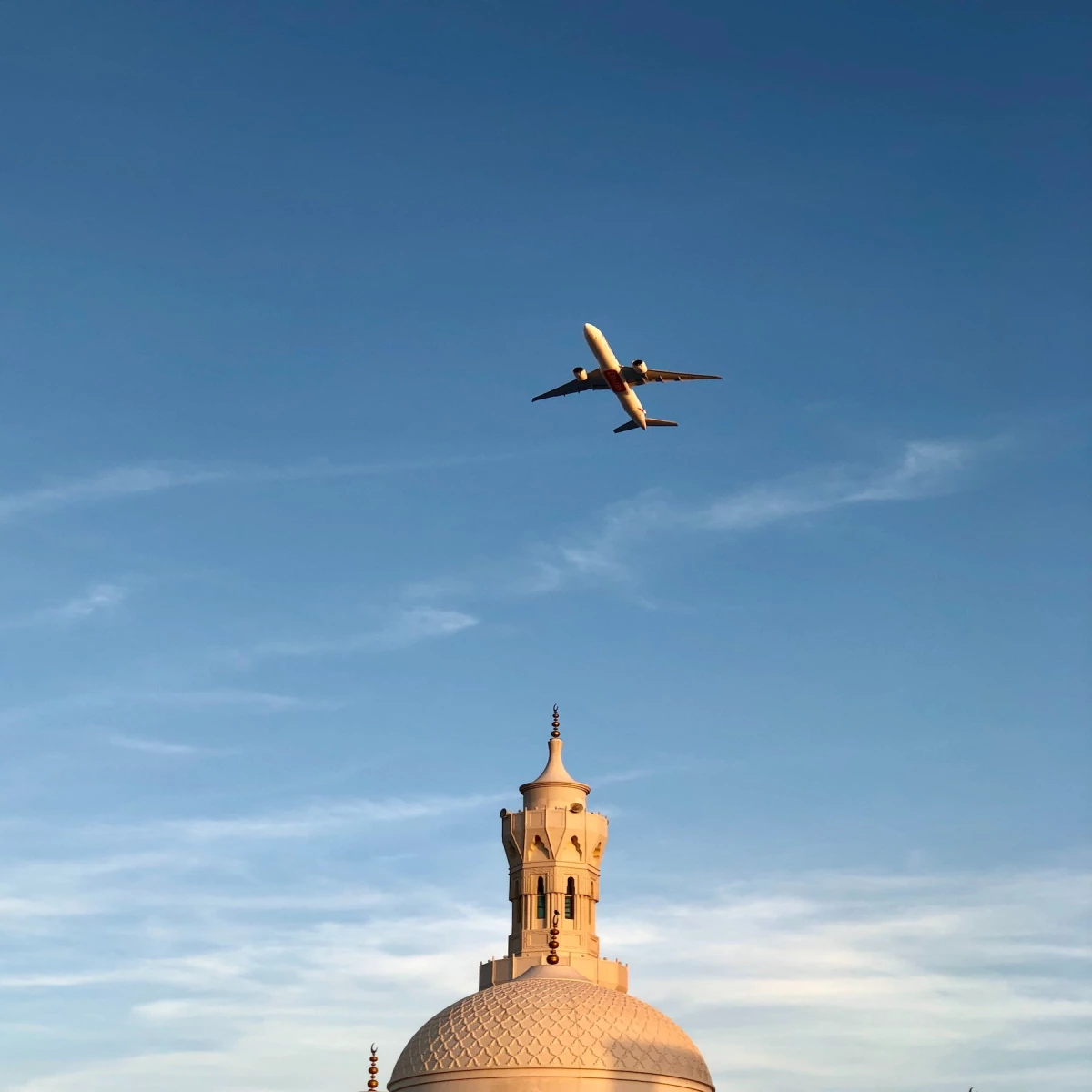Across the vast tapestry of Islamic history, the concept of Hijrah – the migration or journey from one place to another – holds profound significance. The Prophet Muhammad’s (peace be upon him) migration from Mecca to Medina isn't just a pivotal event in Islamic history; it's emblematic of the resilience, adaptability, and pursuit of a better life that characterizes the Muslim spirit.
Fast forward to today, and many Muslims, especially those in the West, find themselves grappling with a deep-rooted desire to embark on their own Hijrah. Whether driven by a search for a closer connection to Allah, a respite from increasingly challenging socio-political environments, or simply a yearning for new cultural experiences – the call is unmistakably present.
Enter the world of digital nomadism, a phenomenon of the 21st century, where professionals and entrepreneurs aren't tethered to a fixed location but can work from anywhere, provided they have a laptop and a decent internet connection. This modern way of working is facilitating a unique kind of migration – a digital Hijrah if you will.
Several countries, recognizing the potential of this digital workforce, are introducing ‘Digital Nomad Visas’. These visas allow professionals to live and work in a country without being tied to a local employer or job. Places like Malaysia, Barbados, Indonesia and even the UAE are rolling out the red carpet for digital nomads. For Muslims, this is a timely opportunity.
Imagine living close to nature, in a community where you can hear the Adhan five times a day, away from the relentless pace of Western metropolitan cities. The dream of a slower, more purposeful life isn't as far-fetched as it once seemed.
However, as enticing as the nomad lifestyle appears, it requires preparation:
Skill Set Evaluation: Before you pack your bags, ensure your skills are transferable and relevant in a digital workspace. Fields like content creation, IT, design, consultancy, and many others have proven to be nomad-friendly.
Research Destinations: Not every country with a digital nomad visa will align with what you're seeking in your Hijrah. Consider factors like the local Muslim community, halal food availability, prayer spaces, and the general attitude towards Muslims.
Community Connections: Digital nomad networks can provide insights into living and working in your chosen destination. Additionally, connecting with local Muslim communities can ease your transition and provide a spiritual support system.
Financial Planning: Nomadic life can sometimes be unpredictable. It's crucial to have robust savings and a steady income source before setting off. Research the cost of living in your intended country, and plan accordingly.
Cultural Sensitivity: While embarking on your Hijrah, you'll also be an ambassador for Islam and Muslims. Practicing cultural sensitivity and understanding will foster positive relationships in your new community.
As we find ourselves at the intersection of technological advancement and a renewed interest in Hijrah, the path ahead looks promising. Digital nomadism can be the bridge that makes the dream of migration a tangible reality for many Muslims.
Whether you're looking for a temporary change of pace or a permanent move, the world, as they say, is your oyster. With faith as our compass and the vast digital realm at our fingertips, the modern-day Hijrah is not just about changing locations – it's about transforming our lives in the quest for meaning, purpose, and spiritual fulfillment.
